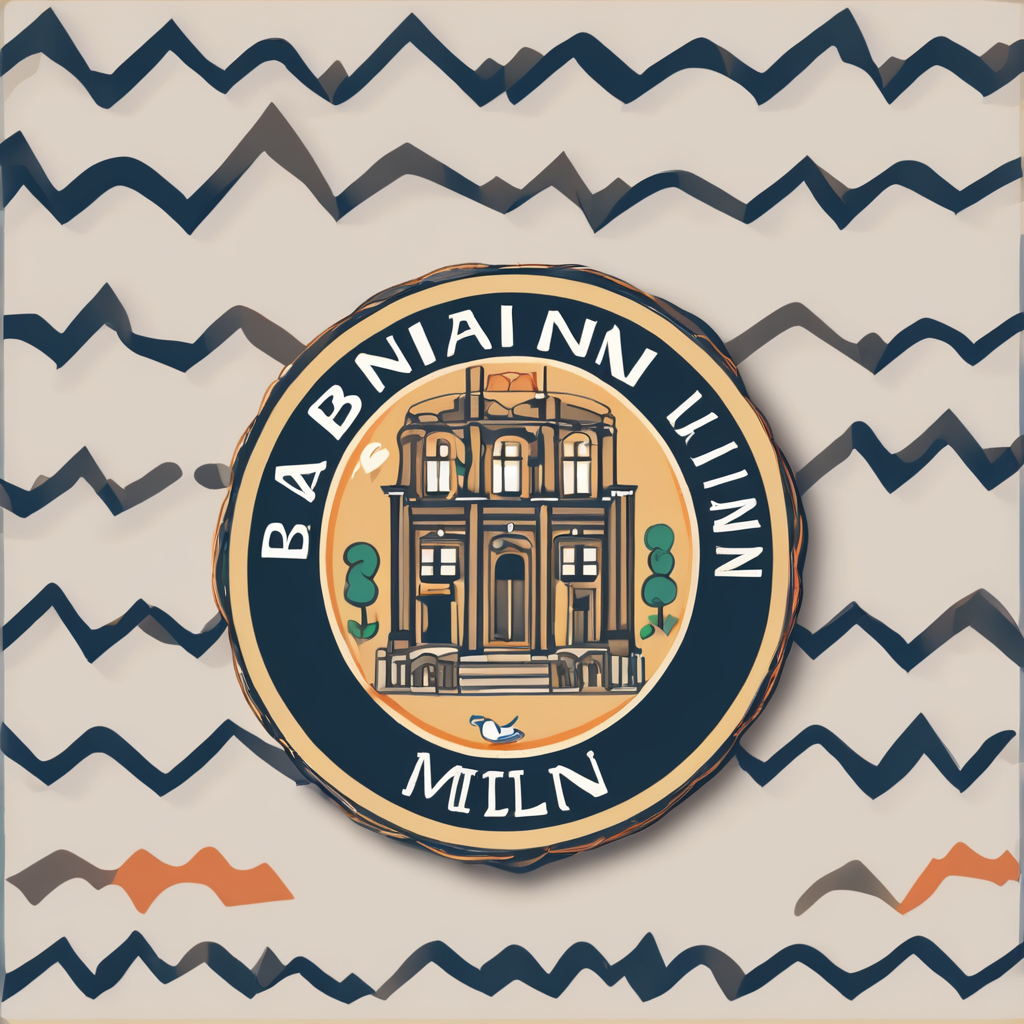Essential Legal Rules for Campfires in UK Woodlands
Understanding campfire laws UK is crucial before enjoying a fire in woodland areas. National and regional regulations impose strict rules on open fires to prevent forest fires and environmental damage. Most UK woodlands require explicit landowner permissions; lighting a campfire without consent can lead to fines or legal action. Additionally, many protected areas have specific regulations for open fires, often prohibiting them altogether due to high conservation value.
When planning a campfire under wild camping UK rules, it is essential to verify if the area allows fires at all, as some woodlands forbid them during dry or high-risk seasons. Fire safety legislation mandates that fires must be managed responsibly, with suitable extinguishing methods ready. If these campfire laws UK are ignored, consequences range from warnings to heavy penalties and possible environmental restoration charges.
Also read : What Are the Benefits of Choosing Camping Over Other Lodging Options in the UK?
Checking woodland permissions beforehand is non-negotiable—without it, individuals risk breaching both local and national fire regulations. Compliance ensures safety for the woodland environment and everyone using it. Always prioritize legality by thoroughly understanding the campfire laws UK in your chosen location and season.
Essential Legal Rules for Campfires in UK Woodlands
Understanding campfire laws UK requires not only awareness of national fire legislation but also knowledge of specific regulations open fires imposed regionally. These laws vary significantly between areas, reflecting local wildfire risks and conservation priorities. For example, some regions enforce total bans on open fires during dry seasons under wild camping UK rules, regardless of landowner permissions.
This might interest you : Uncover the top uk camping spots near iconic festivals for a memorable experience!
Obtaining proper woodland permissions is a legal prerequisite before lighting any campfire. Landowners may set conditions to comply with fire safety, especially in protected or ecologically sensitive woodlands. Failure to secure these permissions breaches campfire laws UK and can result in penalties ranging from monetary fines to prosecution.
Breaching regulations open fires also risks severe environmental damage, leading authorities to impose restoration costs on offenders. Under wild camping UK rules, accidental fires caused by neglect or unauthorized use heighten liability concerns, emphasizing the importance of lawful compliance. The combination of local bylaws and national statutes forms a layered legal framework that ensures woodland safety and conservation under campfire laws UK. Prioritising these rules protects not only the environment but also the safety of campers and woodland users alike.
Essential Legal Rules for Campfires in UK Woodlands
Understanding campfire laws UK requires careful attention to both national legislation and regional regulations open fires, which can differ significantly based on local environmental risks. Compliance is mandatory: setting fires without obtaining the necessary woodland permissions is illegal and may result in fines or prosecution. Landowners control access and specify conditions to reduce hazards and protect sensitive ecosystems.
Under wild camping UK rules, even with landowner approval, open fires might be restricted or banned during times of elevated wildfire risk, such as dry seasons. These regulations open fires aim to safeguard woodland areas that are vulnerable to damage from uncontrolled flames. Authorities monitor and enforce these rules rigorously to prevent accidental wildfires and ensure public safety.
Failure to adhere to campfire laws UK can lead to serious consequences, including monetary penalties and liability for environmental restoration costs if fires cause damage. The combination of regional bylaws and national fire safety regulations forms a strict legal framework designed to protect both the natural environment and those who seek to enjoy it safely.
In summary, following all campfire laws UK, respecting the detailed regulations open fires, and securing appropriate woodland permissions are critical responsibilities for any woodland camper.
Essential Legal Rules for Campfires in UK Woodlands
National campfire laws UK establish a baseline for open fire safety, yet regulations open fires often vary by region, reflecting diverse wildfire risks and environmental priorities. These layered rules require careful adherence, especially since most woodlands demand explicit woodland permissions before any campfire can be lit. Without such permissions, lighting a fire is a legal violation that risks fines or prosecution.
Wild camping UK rules add further complexity; even with landowner consent, fires may be banned during heightened fire danger seasons. These regulations open fires exist to protect sensitive habitats and prevent wildfires that can devastate flora, fauna, and property. Authorities actively enforce these rules through patrols and penalties to deter irresponsible behaviour.
Consequences for breaching campfire laws UK range from warnings to significant fines, including liability for environmental damage repair. In extreme cases, prosecutions ensure accountability. Understanding and complying with both national legislation and local regulations open fires is therefore essential. Securing proper woodland permissions, checking seasonal restrictions, and following wild camping UK rules safeguard not only legal standing but also the safety and longevity of treasured UK woodlands.
Essential Legal Rules for Campfires in UK Woodlands
Compliance with campfire laws UK requires understanding both national standards and regulations open fires that vary regionally. These laws protect woodland environments by controlling where and when fires can be lit. Crucially, most areas mandate obtaining explicit woodland permissions from landowners before starting a campfire, ensuring responsible oversight.
Under wild camping UK rules, even with permission, seasonal bans often apply during dry periods or heightened fire danger. These restrictions reflect ecological sensitivity and wildfire risks and are strictly enforced to prevent damage. Violating regulations open fires—such as lighting fires without consent or during prohibited times—can lead to fines and legal prosecution.
The consequences for breaching campfire laws UK extend beyond monetary penalties. Offenders may be held liable for environmental restoration costs if fires cause harm to habitats. Authorities actively patrol and enforce compliance, emphasizing prevention and accountability. Understanding that woodland permissions are not just bureaucratic steps but vital legal requirements helps campers respect protected areas and reduce risks.
In sum, adherence to campfire laws UK, securing necessary permissions, and observing wild camping UK rules for seasonal and regional restrictions form the backbone of lawful and safe woodland fire practices.
Essential Legal Rules for Campfires in UK Woodlands
National campfire laws UK set a framework that governs open fires, but understanding regulations open fires requires attention to regional variations driven by wildfire risk and ecological sensitivity. For example, some local bylaws impose total bans on fires during dry seasons, even if landowners grant permission. This dual-layered system ensures that fire safety is managed according to specific local conditions, complementing national legislation.
Before lighting any fire, obtaining explicit woodland permissions is mandatory. Landowners have authority to approve or deny fire use and may impose additional conditions reflecting environmental protection priorities. This is especially critical in protected woodlands where wild camping UK rules often add seasonal or site-specific fire restrictions. Ignoring these permissions or rules is a breach of campfire laws UK, exposing individuals to fines or prosecution.
Consequences of non-compliance extend beyond monetary penalties. Offenders risk being held liable for restoration costs if fires cause environmental damage. Enforcement agencies frequently patrol vulnerable areas, emphasizing prevention and accountability. By securing proper woodland permissions, complying with wild camping UK rules, and respecting regulations open fires, campers help safeguard woodlands and avoid serious legal repercussions.
Essential Legal Rules for Campfires in UK Woodlands
National campfire laws UK set the general framework, but regulations open fires often reflect regional wildfire risks and ecological sensitivities. Before lighting a fire, obtaining woodland permissions from the landowner is essential and legally required. These permissions can include conditions tailored to reduce fire hazards and protect vulnerable habitats.
Wild camping UK rules further restrict campfire use. Even with landowner consent, open fires may be prohibited during dry seasons or periods of elevated fire risk to prevent wildfires. Some protected areas enforce stricter bans under these rules, emphasizing conservation priorities.
Breaching campfire laws UK carries serious consequences. Offenders risk fines, prosecution, and liability for environmental restoration if fires cause damage. As such, authorities actively monitor compliance, especially during high-risk periods. Ignoring regulations open fires not only endangers woodland ecosystems but also exposes individuals to legal repercussions.
Understanding and respecting the layered nature of these laws—involving national statute, regional restrictions, and wild camping UK rules—is crucial. Securing proper woodland permissions and adhering to seasonal fire bans are fundamental steps towards lawful and responsible campfire use in UK woodlands.
Essential Legal Rules for Campfires in UK Woodlands
National campfire laws UK provide the foundational framework regulating open fires, but these are supplemented by detailed regulations open fires which vary between regions depending on environmental sensitivity and wildfire risk. These combined laws dictate exactly where and when campfires may be legally lit. Central to compliance is securing valid woodland permissions from landowners before any fire is started. Without these permissions, any fire is unlawful regardless of intent or circumstance.
Wild camping UK rules further tighten restrictions, often imposing bans on campfires during dry spells or peak wildfire seasons—even when landowner consent exists. Protected woodlands may have site-specific rules designed to preserve fragile habitats by limiting fire use with strict seasonal or situational prohibitions. Campers are responsible for verifying these regional rules and adhering to them closely.
Penalties for breaching campfire laws UK can include fines, prosecution, and liability for restoration costs if environmental damage occurs. Enforcement agencies actively monitor compliance, particularly in high-risk periods. Understanding these layered rules—national legislation, regional regulations open fires, and wild camping UK rules—ensures lawful and responsible fire use. Securing appropriate woodland permissions and respecting these legal requirements protects both public safety and delicate woodland ecosystems.





